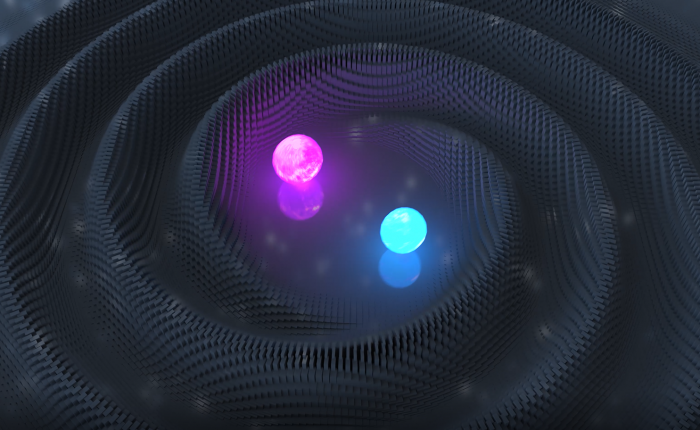
AAL thanks the Australian Government for $2M of new funding towards the establishment of an Australian Gravitational Wave Data Centre. The funding, made available through the National Collaborative Research Infrastructure Strategy (NCRIS), will enhance Australia’s position as a world leader in data-intensive gravitational wave research.
The Gravitational Wave Data Centre aims to process data from mega-science facilities like the Advanced LIGO gravitational wave detectors in the US and the forthcoming Square Kilometre Array (SKA) mega-radio telescope being constructed in Australia and South Africa.
Like many modern fields of science, gravitational wave (GW) discovery relies on the construction and exploitation of massive supercomputers comprising hundreds of thousands of computing cores. This applies to both data from Advanced LIGO and the SKA and its pathfinders. However, timely scientific outcomes are not just about hardware. Australian scientists need to draw from the range of skills available in a modern data centre, including those of data, systems and software engineers, in order to maximise their output and compete internationally.
Prof. Matthew Bailes (Director of the ARC Centre of Excellence for Gravitational Wave Discovery, OzGrav) is delighted about the impact this funding will have in Australia:
The Gravitational Wave Data Centre puts Australia at the forefront of gravitational wave research and improves our expertise in new, ultra-large scale data processing techniques such as data discovery, machine learning and advanced signal processing. It is amazing that our desire to learn more about black holes and extreme gravity also leads to a number of interesting spin-off applications, ranging from earthquake early warning detection systems, autonomous vehicle navigation and remote sensing.
